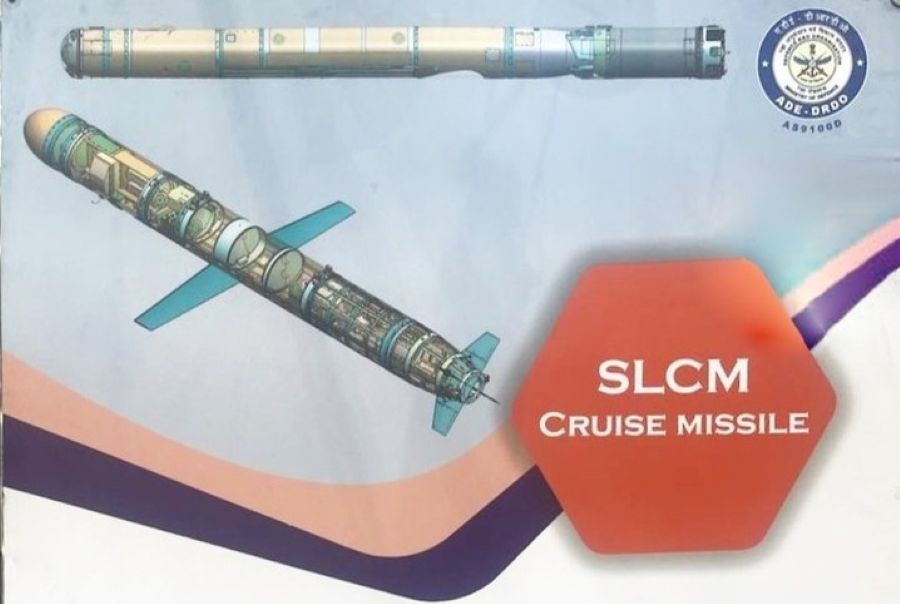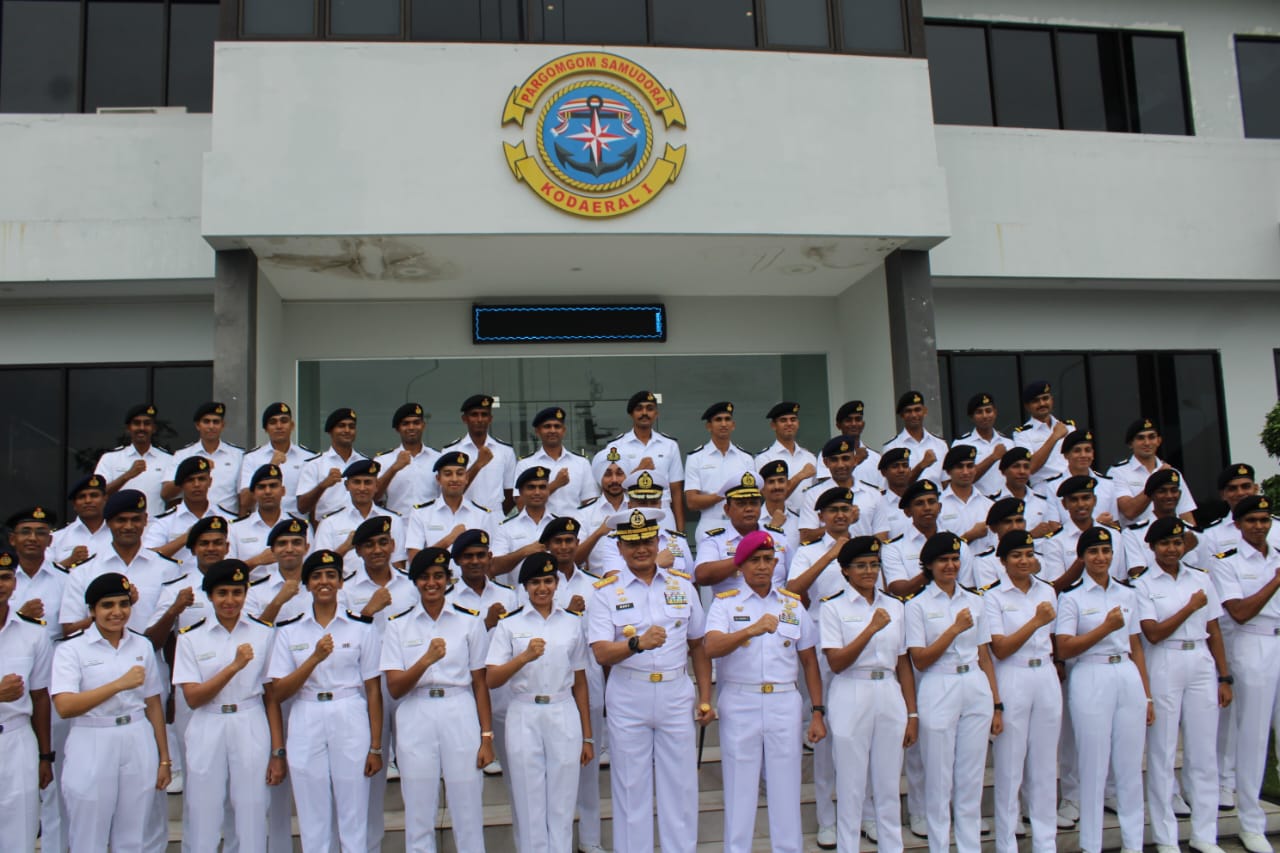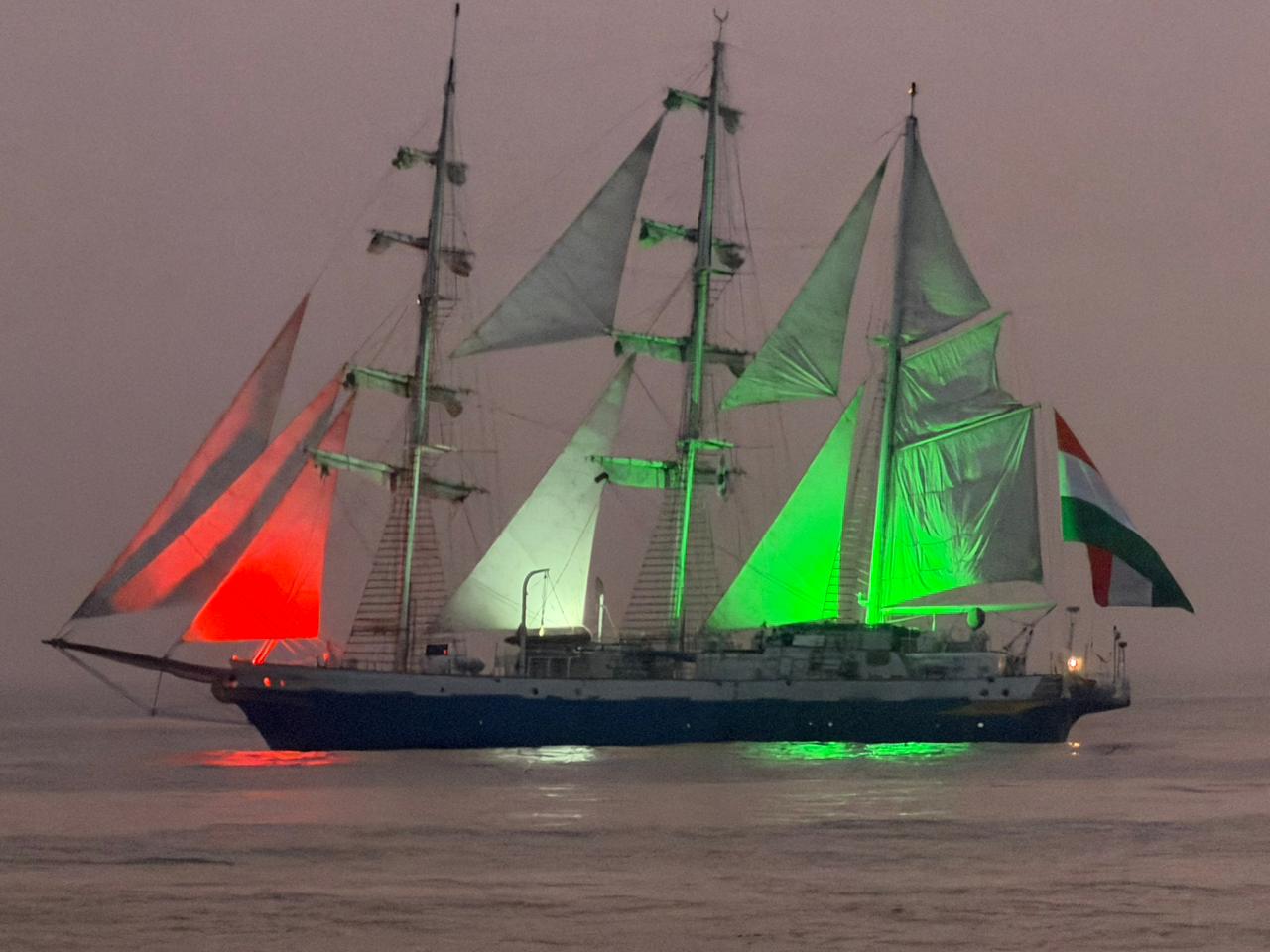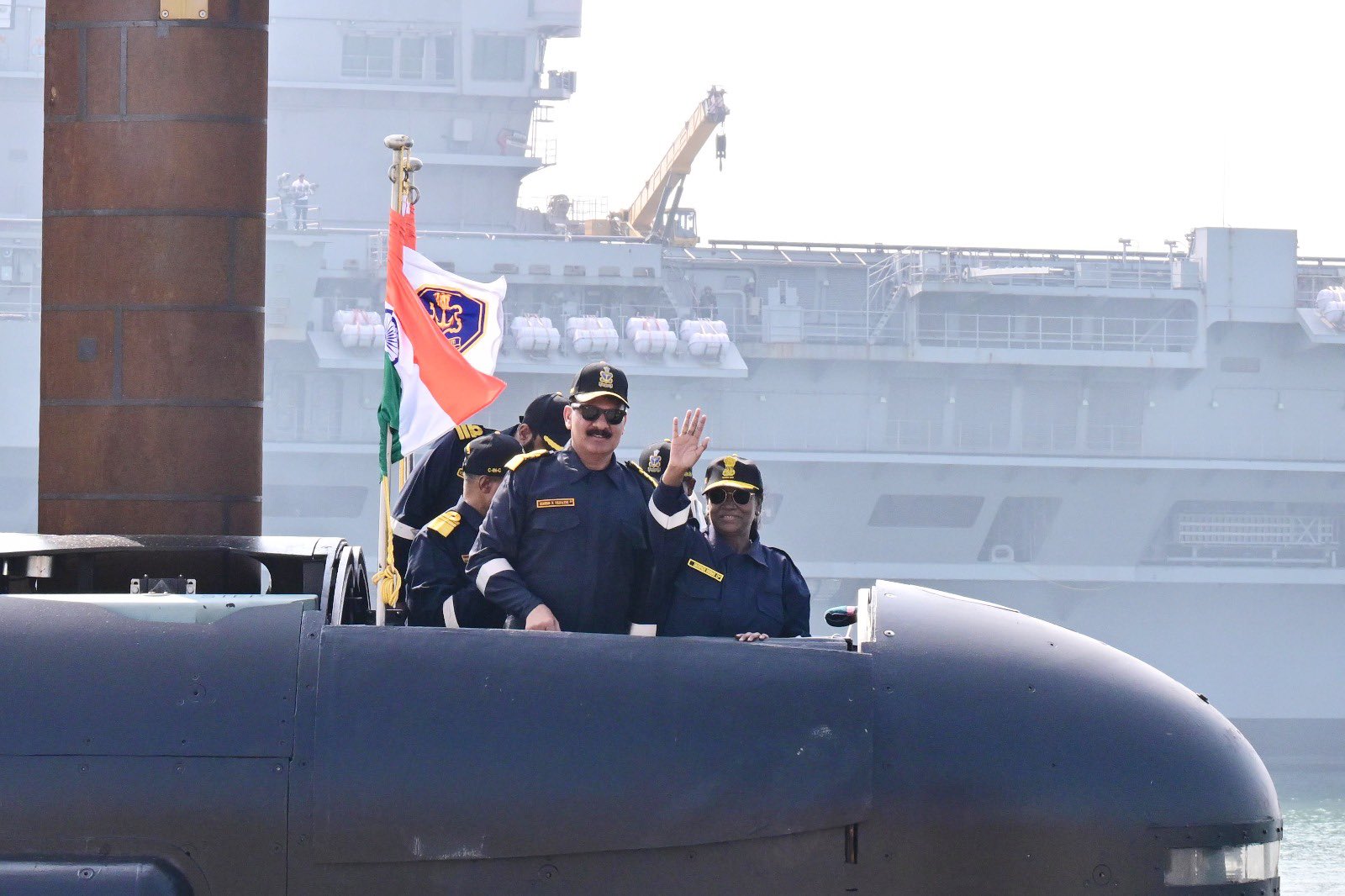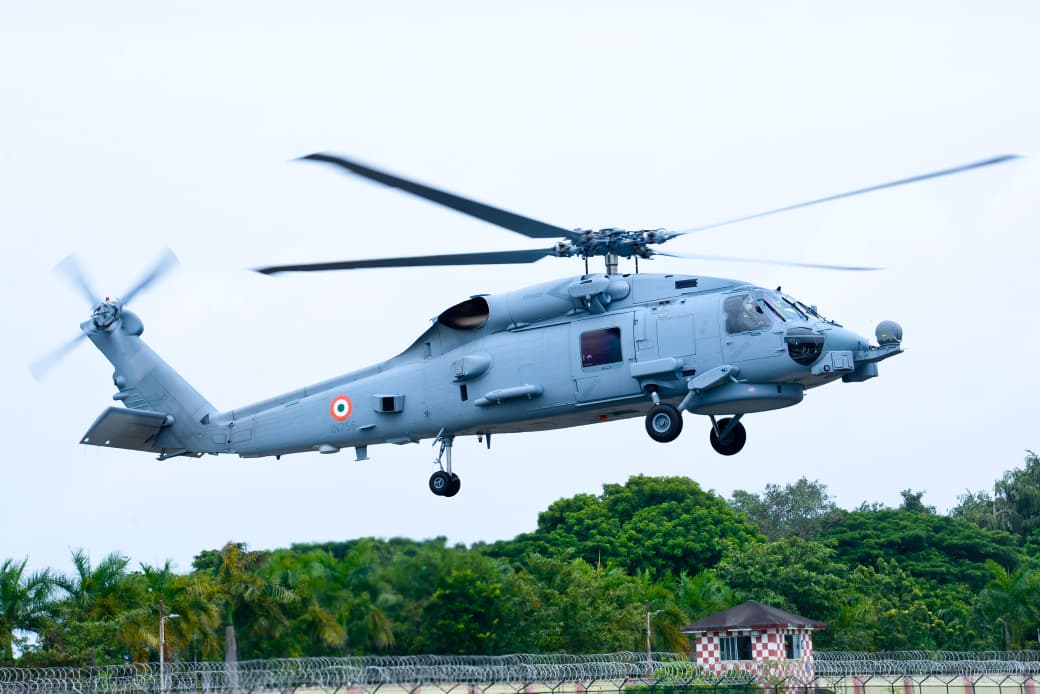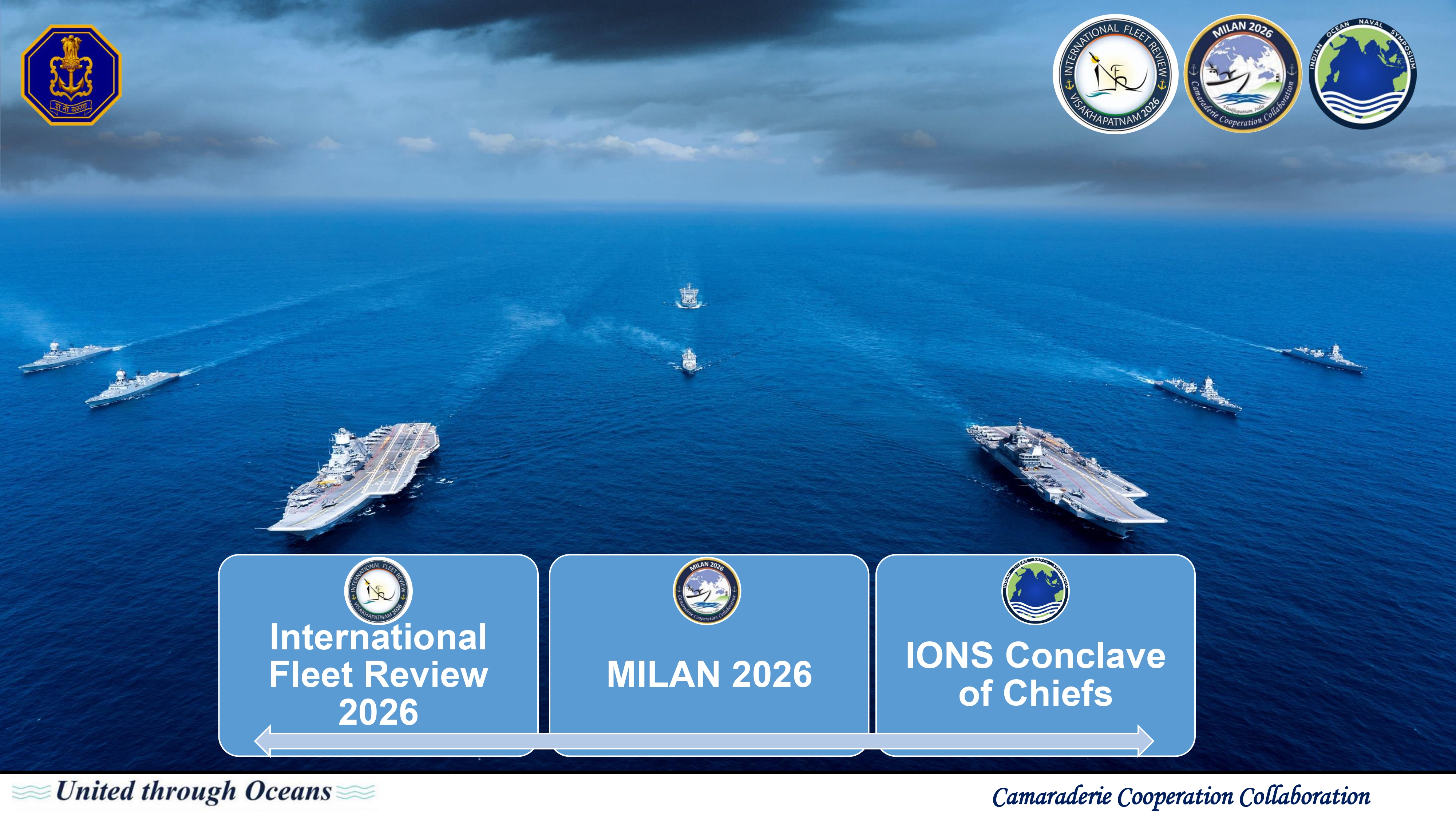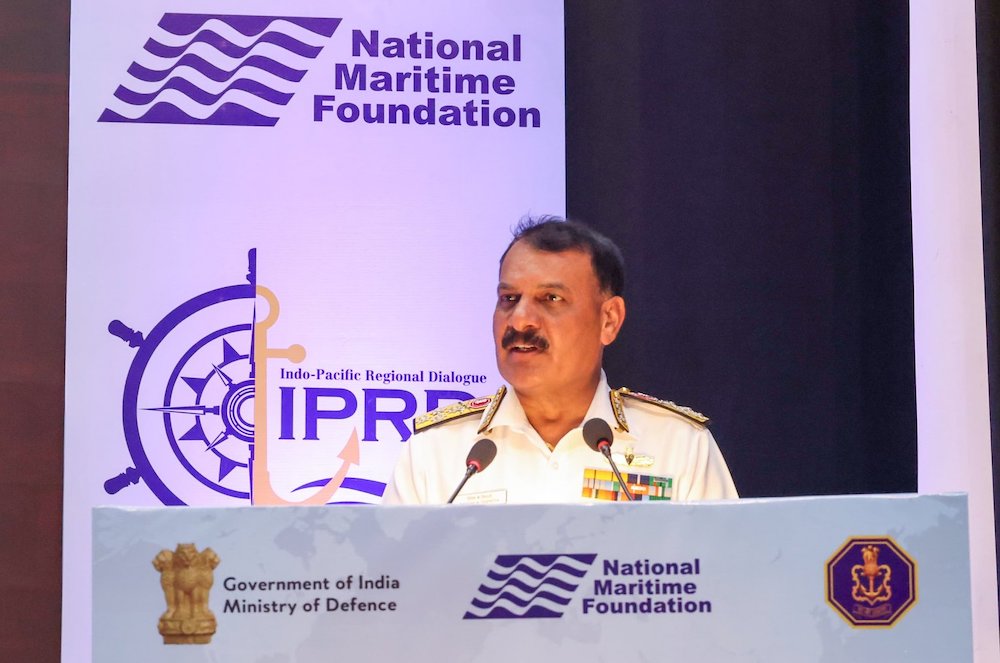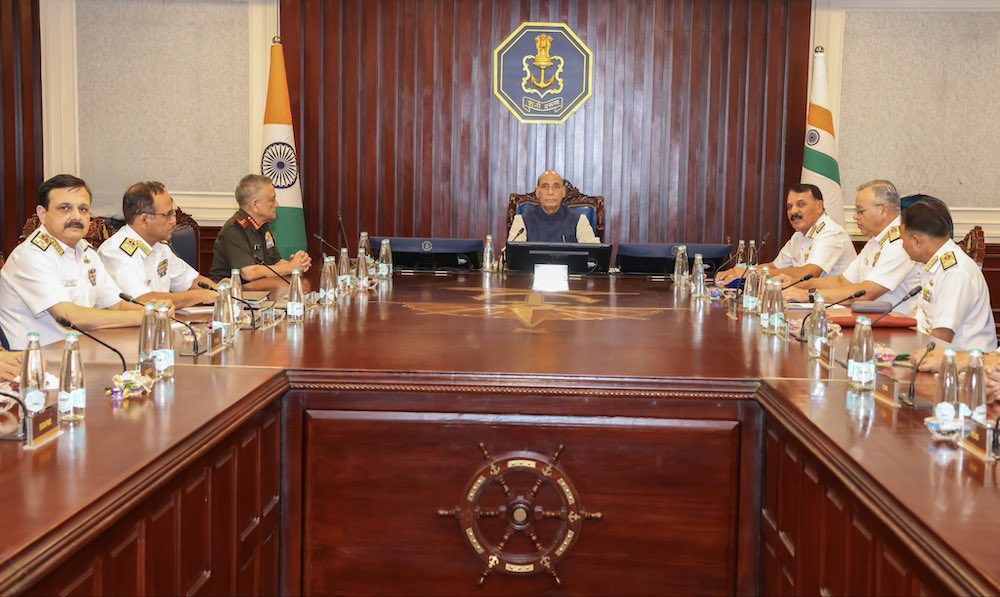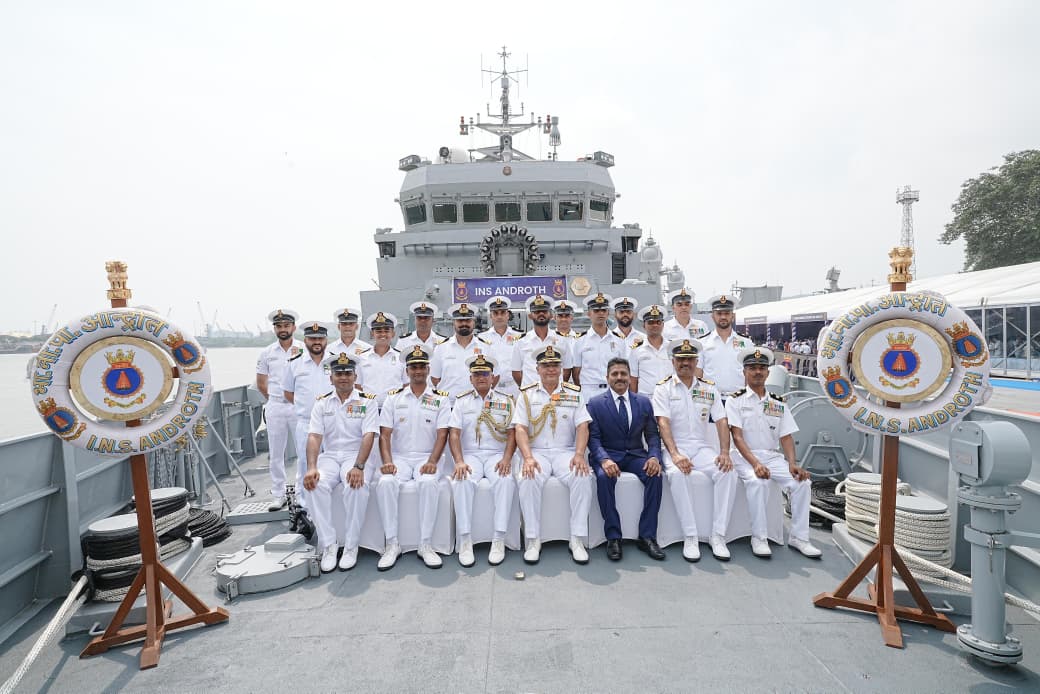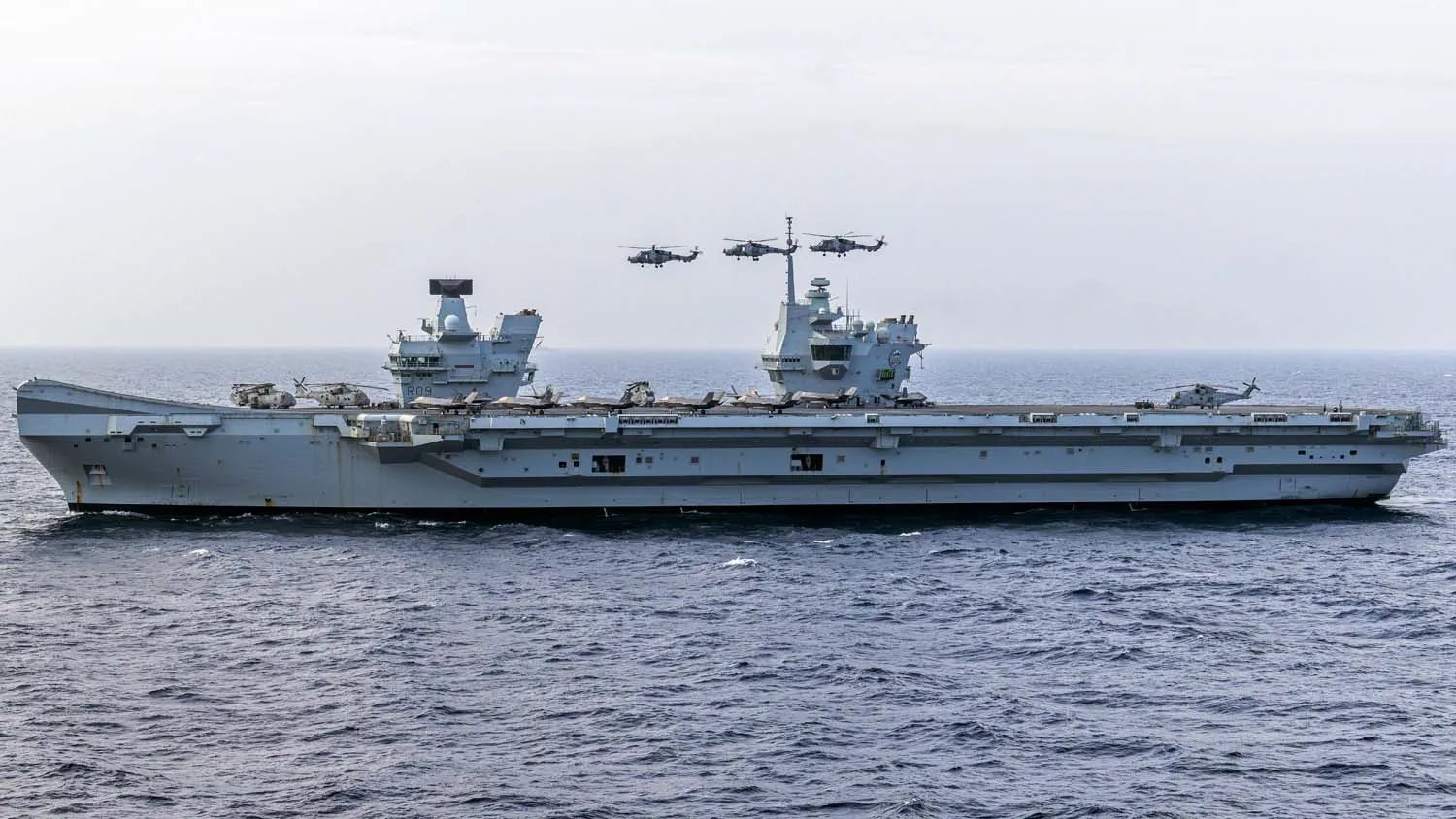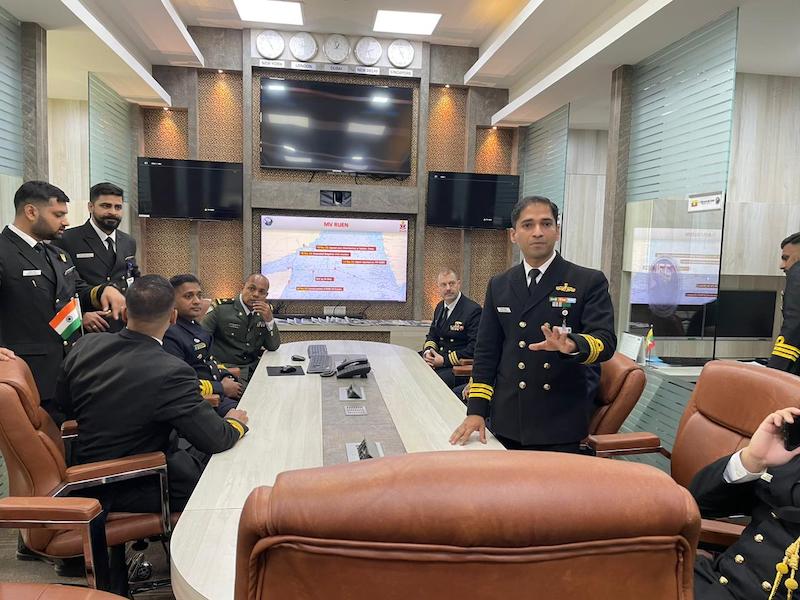 Commander Naveen Deshmukh, IFC-IOR operations officer, speaking to reporters during the media briefing at Gurugram, on December 22, 2023. (Photo: India Sentinels)
Commander Naveen Deshmukh, IFC-IOR operations officer, speaking to reporters during the media briefing at Gurugram, on December 22, 2023. (Photo: India Sentinels)
Gurugram: While the hijacking of the Malta-flagged cargo ship MV Ruen by Somali pirates gripped headlines, the story behind the scenes of the Indian Navy’s response showcased the vital role of an Indian maritime organization keeping an eye on the security and safety of the ships plying on India’s strategic backyard – the Indian Ocean Region (IOR).
Based in faraway Gurugram, in India’s north, the Information Fusion Centre-Indian Ocean Region (IFC-IOR) played a crucial part in coordinating the initial response and facilitating communication between key stakeholders, although the hijacked vessel managed to slip away and now remains off the Somali coast.
During a media briefing on Friday, Captain Rohit Bajpai, IFC-IOR director, said, “We were in touch day and night while an Indian Navy patrol aircraft that was in the region was continuously monitoring the vessel until INS Kochi, on deployment in the Gulf of Aden, reached the location on the morning of December 16.”
He then added, “It was ascertained from the crew that the citadel onboard MV Ruen had been breached and all crew members were held hostage by the pirates. One of the crew members had also sustained injuries but was reported to be stable.”
Then IFC-IOR briefed on how intermediary communication and building trust proved to be crucial in the response to the hijacking. Elaborating on the specific actions taken, Lieutenant Commander Rohit Jadhav, IFC-IOR operations officer, shed light on their communication efforts.
Lt Cdr Jadhav said, “At the backend, IFC-IOR has coordinated responses and assistance between the Navy and the ship owner.”
He said when the MV Ruen’s distress call pierced the airwaves, the IFC-IOR sprang into action. They swiftly reached out to the ship’s owner and established themselves as a vital communication link, keeping both them and the Indian Navy informed on the unfolding situation.
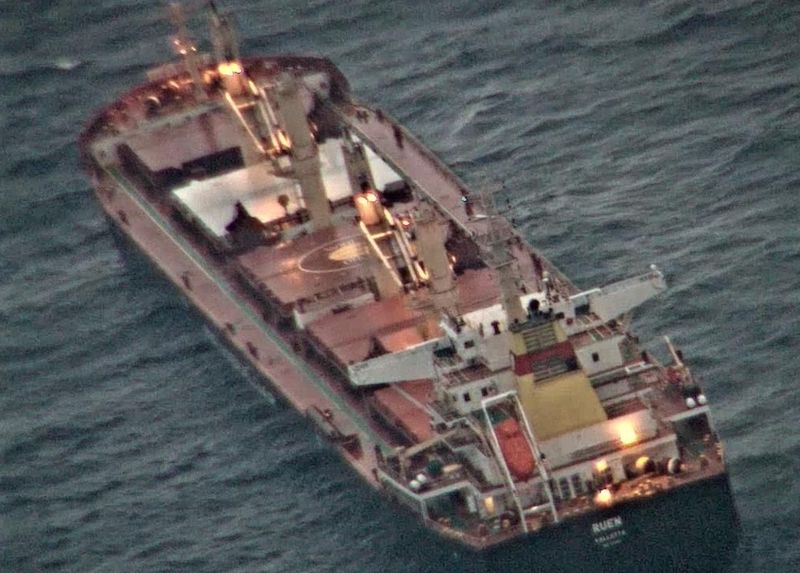 MV Ruen (Photo: Indian Navy)
MV Ruen (Photo: Indian Navy)
Through their continuous updates and coordination, they ensured everyone was kept informed real-time and remained synchronized in their actions during this tense ordeal.
Moreover, Lt Cdr Jadhav further said, the IFC-IOR’s international connections proved invaluable. International liaison officers from Singapore and Sri Lanka leveraged their expertise and trust-building skills.
Their crucial communication with the hijackers ultimately led to a significant development – the safe evacuation of an injured crew member in the early hours of December 18.
During the briefing, Commander Indika Prasanna Wijesinghe, international liaison officer from Sri Lanka, said there are three major hotspots of piracy and armed robbery in the IOR – Southeast Asia, Gulf of Guinea, and Horn of Africa. He then added that there is a rise in numbers in Southeast Asia while there is a rise in intensity in the Gulf of Guinea.
Talking of the collaborations at the centre, the international liaison officer from Singapore Colonel Ong Yew Kuan Raymond said focused on building trust in the MV Ruen case.
He then said, “What we do here is to make sure we provide actionable and verifiable information,” and underscored the importance of timely and reliable information for taking swift action.
This incident highlights the potential of IFC-IOR, established in 2018, to become a key player in maritime security in the Indian Ocean.
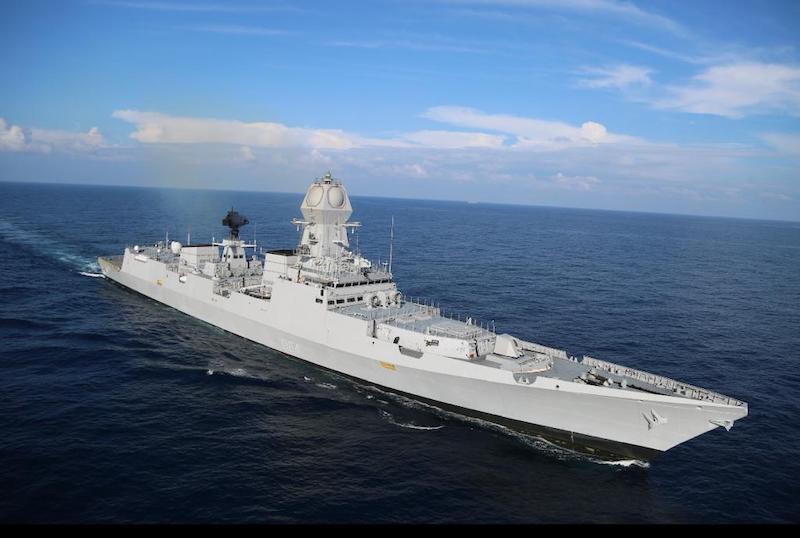 Indian Navy stealth destroyer INS Kochi which responded to the MV Ruen’s mayday call. (Photo: Indian Navy)
Indian Navy stealth destroyer INS Kochi which responded to the MV Ruen’s mayday call. (Photo: Indian Navy)
With 25 partner countries already on board and plans to host 40 international liaison officers by 2025, the organization aims to create a robust network for information exchange and collaboration.
However, the security challenges remain significant in the Indian Ocean Region. The vast region is a crucial artery for global trade and economy. It accounts for 75 per cent of the world’s maritime trade and 50 per cent of global oil shipment. However, it faces a multitude of maritime threats, like piracy, human trafficking, and illegal fishing.
To effectively address these issues, the IFC-IOR emphasizes the importance of information sharing, cooperation, and building comprehensive situational awareness.
By collating data on the region’s critical shipping lanes, the IFC-IOR empowers governments and agencies with the knowledge they need to anticipate and respond effectively to such threats. This, in turn, safeguards not only the lives of seafarers but also the vital flow of commerce that traverses the Indian Ocean Region.
The MV Ruen situation may not have ended with a triumphant rescue, but it showcased the critical role of IFC-IOR in facilitating communication, building trust, and coordinating responses to maritime incidents. As the organization continues to grow and collaborate, it may well prove to be an unseen, yet essential, guardian of the Indian Ocean’s vast waters.

